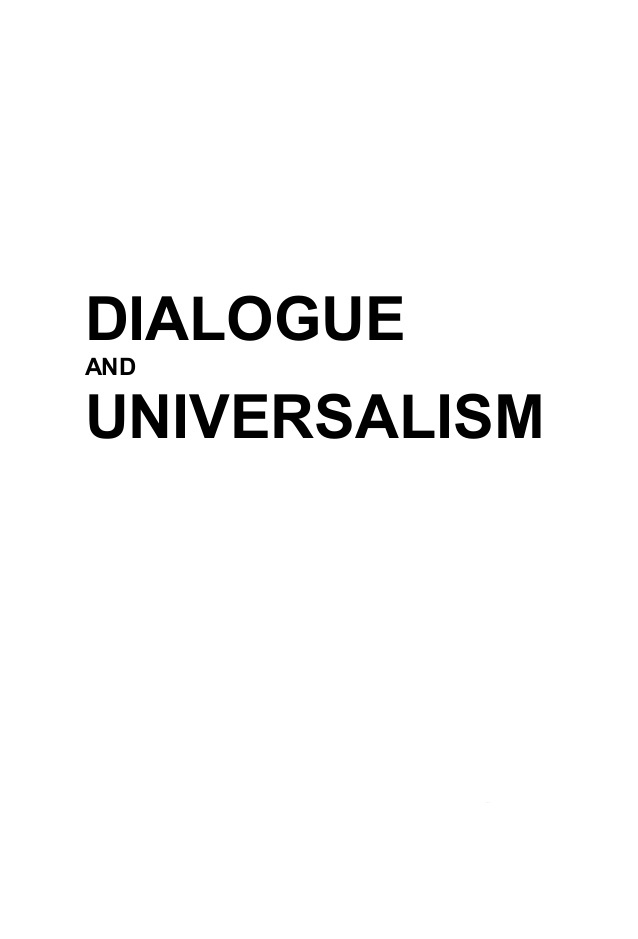TWO CONCEPTS OF APRIORITY
TWO CONCEPTS OF APRIORITY
Author(s): Marcin PorębaSubject(s): Philosophy
Published by: Instytut Filozofii i Socjologii Polskiej Akademii Nauk
Keywords: a posteriori; a priori; contingency; empiricism; epistemology; epistemological reference frame; Kant; Kripke; necessity; Wittgenstein.
Summary/Abstract: The paper considers two—in author’s belief fundamental—approaches to apriority, which he proposes to call “absolute” and “relative.” The first was most fully expressed by Immanuel Kant, the second by Ludwig Wittgenstein. In author’s opinion, both derive from empiricist philosophy in its modern form. The concept of experience which is characteristic of modern empiricism forces acceptance of certain experienceindependent (a priori) assumptions, thanks to which only experience can provide information about objects. Depending on whether we regard these assumptions as independent of all experience or only from a specific context and reference frame and empirical in other contexts, we receive respectively absolute and relative apriority. The author attempts to prove that relative apriority is the continuation, generalisation and radicalisation of the absolute variant.
Journal: Dialogue and Universalism
- Issue Year: 2013
- Issue No: 2
- Page Range: 43-53
- Page Count: 11
- Language: English
- Content File-PDF

